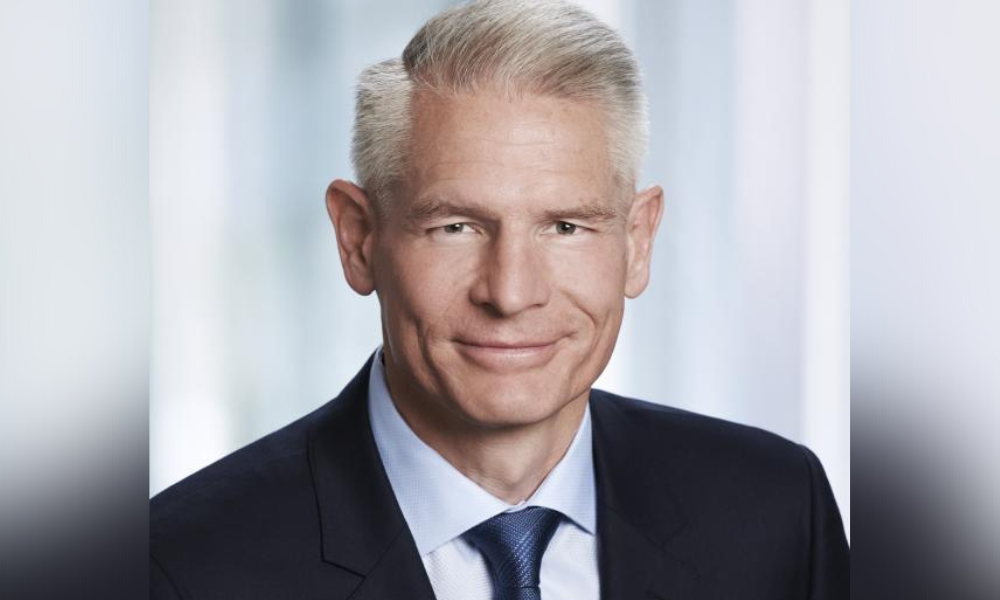Harder to define financial advisor than financial planner, says CEO

National harmonization, with the Ontario model the gold standard, remains the goal of the Financial Services Regulatory Authority of Ontario (FSRA).
Mark White, the FSRA’s chief executive officer, told the Financial Advisors Association of Canada’s (Advocis) conference that the organization is working closely with other provinces, noting that Saskatchewan is in its consultation phase while New Brunswick is leading the Atlantic provinces. He added: "There's a good chance to get a good regime in Manitoba”.
“We’ll try to find a way to harmonize,” White said. “But we don’t want to let the perfect be the enemy of the good. It’s better to have it 90% right and harmonized than 100% right and disharmonized.”
White said that while Quebec also has title protection, he felt it only offered financial advisors one pathway to credentialling while Ontario’s model was better because it offers multiple pathways. In looking at Ontario’s model, he said its regulators chose to recognize multiple pathways to credentialling while still maintaining standards for education, licensing, and providing oversight.
“We wanted to have alternative designation and licensing pathways to use the titles,” said White, noting that decision was made before the Mutual Fund Dealers Association (MFDA) and Investment Industry Regulatory Organization of Canada (IIROC) agreed to merge. “We want to ensure that the title has value and consistency. We want to follow what the security regulators do.”
“We also have a duty as a public services regulator,” he added. “Anyone who has credentials approved and have met those standards deserve to have them.”
Read More: Why provinces should follow Quebec, not Ontario, financial planner standards | Wealth Professional
Greg Pollock, Advocis’s president and chief executive officer, who was questioning White wondered why the financial advisor title looked like the “poor cousin” next to the financial planner title in Ontario’s model.
White said it was more difficult to define financial advisor than financial planner. He saw the financial planner as being more holistic – assessing risks and helping clients with tax planning – while not necessarily selling product. Financial advisors, meanwhile, could sell product, but needed to have a basic level awareness of “all other things”.
He added that Ontario is still in a transitional period and is grandfathering the use of titles.
“At the end of that period no one can use the titles who don’t make the grade,” said White. “That gives consumers what they already thought they had and they deserve.”
When Pollock asked why Ontario doesn’t have stronger penalties for those practicing without credentials, White said, “we enforce the perimeter. Our job is to stop people who are not credentialled from using those titles and we do that through compliance orders. If that isn’t effective, we will ask the government for more tools. But the government wants to make sure there isn’t an unnecessary burden.”
The FSRA also has three other jobs ahead.
First, it wants to help consumers understand what the financial advisor designation means so they’re protected against those who may call themselves that, but may not have the education or credentials to be entitled to do that.
So, the FSRA is planning to launch a consumer educational initiative this month to help them understand what a financial advisor requires. The FSRA is planning to provide consumers with basic questions, so they can discern whether someone is adequately qualified and certified.
It’s then planning to follow that up with some industry education early in the new year, so those who are not yet entitled to use the titles will know they have two to four years to get credentialled.
Next, he said that the FSRA needs to ensure there is a unified public registry so consumers can find approved financial advisors. He also wanted to ensure that if there is a sound complaint, leading to discipline, that all the credentialling bodies would know, so someone doesn’t just move to another credentialling body.
Finally, White said the FSRA wants to ensure that if something happen to one of the credentialling bodies, “the people who use those titles don’t lose the right to them”.
“We need a transitional mechanism so the government can pass regulations if the credentialling body disappears, so that people can use those titles on an interim basis “


